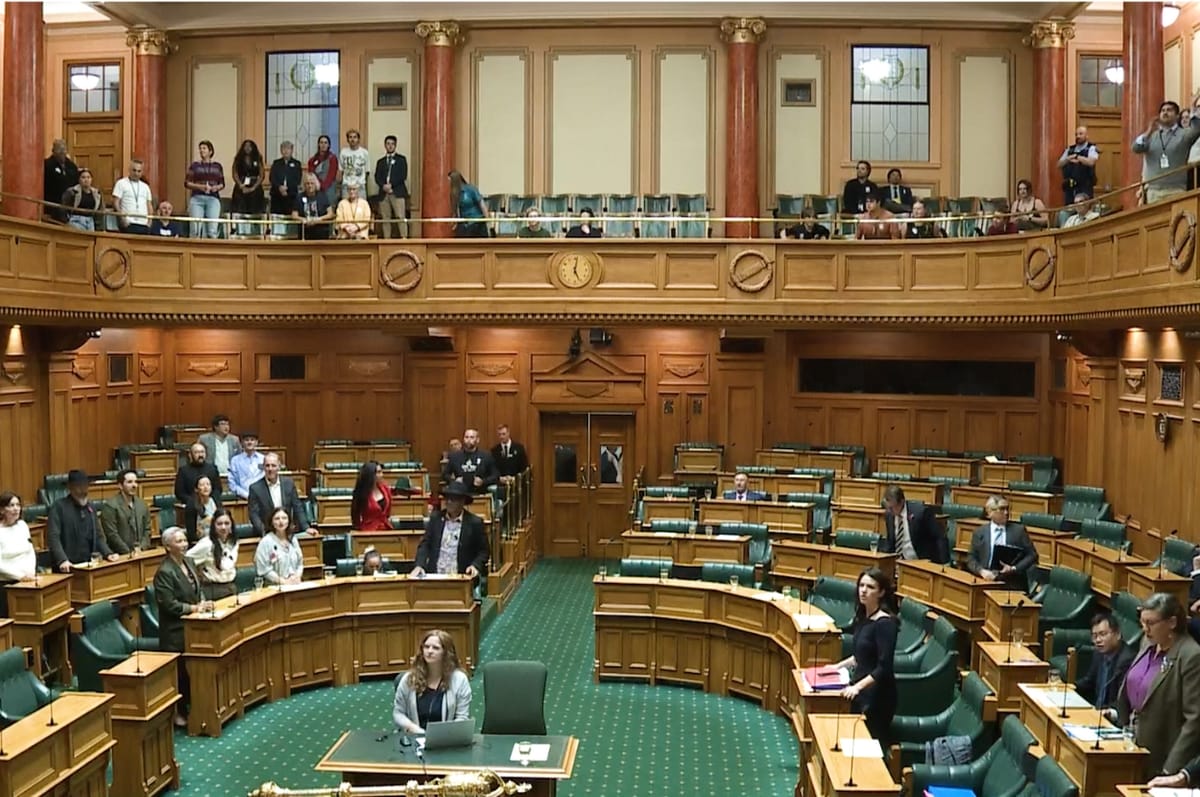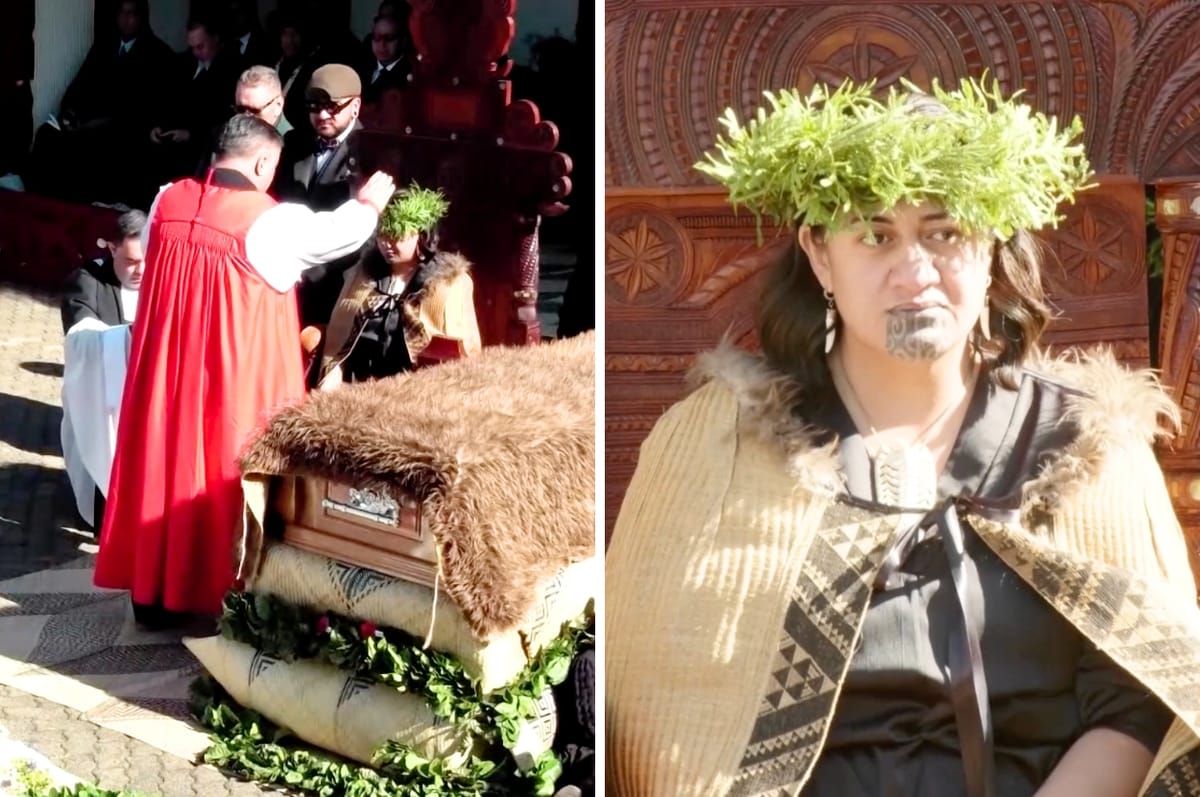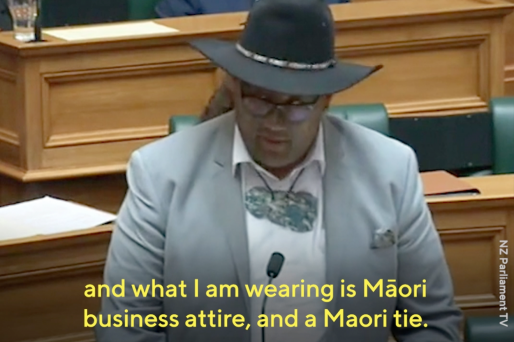New Zealand Lawmakers Broke Out Into A Māori Song After A Bill Rolling Back Indigenous Rights Was Rejected
The song is a song of unity in the country and is often sung by New Zealanders when they stand together and support each other.

New Zealand’s parliament burst into a Māori folk song after lawmakers voted down a controversial bill that would roll back Indigenous Māori rights.
The controversial Treaty Principles Bill proposed reinterpreting the Treaty of Waitangi, New Zealand’s foundational document, signed in 1840 between the British Crown and more than 500 Māori leaders, that promised Indigenous Māori people rights over their land and culture in return for British governance.
ACT New Zealand party, a junior partner in the country's center-right coalition government, had proposed the bill in November 2024, arguing that these rights should extend to all New Zealanders.
The bill faced widespread criticism, as experts say it may misinterpret the treaty’s original intent and undermine Māori rights and reverse decades of progress New Zealand has made in recognizing and addressing historical injustice against the Māori.
The bill also wants to affirm that all New Zealanders are equal under the law, meaning the Māori, who represent about 20% of the country’s population, could no longer be recognized for their unique status and rights as Indigenous people.
The bill gained widespread global attention when New Zealand’s youngest MP, 22-year-old Hana-Rawhiti Maipi-Clarke, from the Te Pāti Māori party, led a haka in parliament to protest the bill during its first reading.
Tens of thousands of New Zealanders also marched for nine days from the Cape Reinga, the country’s northwestern most point, and Bluff, the southernmost town, and marched to the capital, Wellington, in the north island, with 42,000 people rallying in front of Parliament on Nov. 19.
Although the bill passed its first reading, it was rejected on Thursday, April 10, by 112 to 11 votes,with lawmakers from the ACT Party being the only ones to support it at the second reading, according to the BBC.
To celebrate the bill’s rejection, the parliament broke out into "Tūtira Mai Ngā Iwi", a folk Māori song, also known as waiata.
The song is a song of unity in the country and is often sung by New Zealanders when they stand together and support each other.
The song was, for example, used to show support with the Muslim community in New Zealand after the Christchurch terrorist attack in 2019.
"This bill has been absolutely annihilated," Maipi-Clarke said after the vote.David Seymour, the ACT Party leader who introduced the bill, said his party "would fight on" and asked opponents to explain how the country is "supposed to work without clear rules that apply equally to all".
Since taking power in November 2023, the ruling right-wing government started rolling back Indigenous rights, including plans to shut down the Māori Health Authority and changing the names of some departments from Māori to English.
You Might Also Be Interested In










